 In another sign of the new progressive tilt in New York City politics, the New York Post reports July 8 that Brooklyn District Attorney Ken Thompson has announced that he will stop prosecuting low-level marijuana cases. Thompson's press release said his new policy is to "prevent offenders—who are disproportionately young men of color—from being saddled with a criminal record for a minor, non-violent offense." But Police Commissioner Bill Bratton said his cops will keep arresting Brooklyn's cannabis tokers anyway. "In order to be effective, our police officers must enforce the laws of the State of New York uniformly throughout all five boroughs of the City," Bratton said in his own statement. "Accordingly, the Kings County policy change will not result in any changes in the policies and procedures of the NYPD."
In another sign of the new progressive tilt in New York City politics, the New York Post reports July 8 that Brooklyn District Attorney Ken Thompson has announced that he will stop prosecuting low-level marijuana cases. Thompson's press release said his new policy is to "prevent offenders—who are disproportionately young men of color—from being saddled with a criminal record for a minor, non-violent offense." But Police Commissioner Bill Bratton said his cops will keep arresting Brooklyn's cannabis tokers anyway. "In order to be effective, our police officers must enforce the laws of the State of New York uniformly throughout all five boroughs of the City," Bratton said in his own statement. "Accordingly, the Kings County policy change will not result in any changes in the policies and procedures of the NYPD."

 The United Kingdom's ban on possession, sale and importing of khat took effect at the end of June, officially making the midly stimulating leaf a restricted
The United Kingdom's ban on possession, sale and importing of khat took effect at the end of June, officially making the midly stimulating leaf a restricted 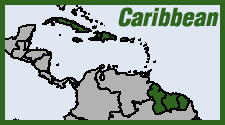 At the semi-annual summit of the Caribbean Community (
At the semi-annual summit of the Caribbean Community (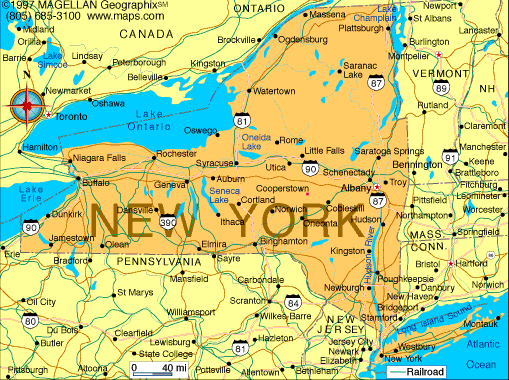 Gov. Andrew Cuomo signed a bill into law July 7 that makes New York the 23rd medical marijuana state. Advocates celebrated a deal struck last month between Cuomo and the state legislature that will protect qualified patients from arrest, prosecution and discrimination, and license up to 20 distribution facilities across the state. The new law empowers the New York State Department of Health (
Gov. Andrew Cuomo signed a bill into law July 7 that makes New York the 23rd medical marijuana state. Advocates celebrated a deal struck last month between Cuomo and the state legislature that will protect qualified patients from arrest, prosecution and discrimination, and license up to 20 distribution facilities across the state. The new law empowers the New York State Department of Health ( To mark
To mark 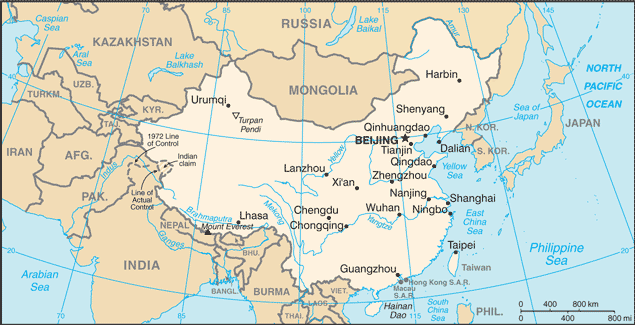 On June 26,
On June 26, 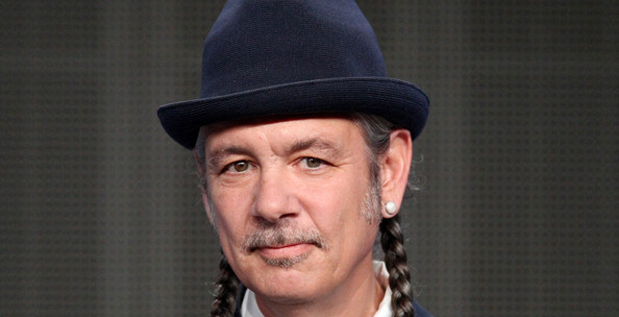 On June 27, Massachusetts' Department of Public Health
On June 27, Massachusetts' Department of Public Health  The US Supreme Court issued a key ruling in favor of Fourth Amendment rights in the digital age June 25, finding unanimously that police in most cases need a warrant before searching the cellphone or personal electronic device of an arrestee. Chief Justice John Roberts firmly rejected arguments that searches of digital devices are comparable to searches police routinely carry out for contraband after making an arrest. In the cases of
The US Supreme Court issued a key ruling in favor of Fourth Amendment rights in the digital age June 25, finding unanimously that police in most cases need a warrant before searching the cellphone or personal electronic device of an arrestee. Chief Justice John Roberts firmly rejected arguments that searches of digital devices are comparable to searches police routinely carry out for contraband after making an arrest. In the cases of 




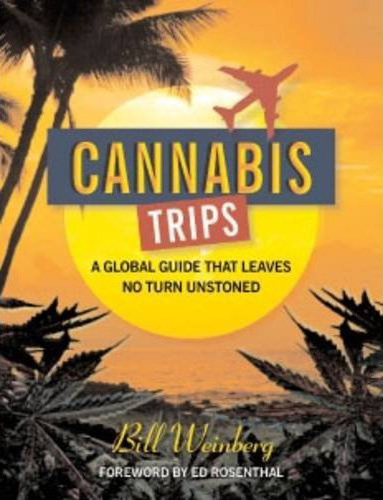

Recent comments
3 weeks 6 days ago
4 weeks 6 days ago
5 weeks 10 hours ago
6 weeks 2 days ago
11 weeks 3 days ago
13 weeks 6 days ago
19 weeks 10 hours ago
31 weeks 26 min ago
33 weeks 19 hours ago
34 weeks 19 hours ago